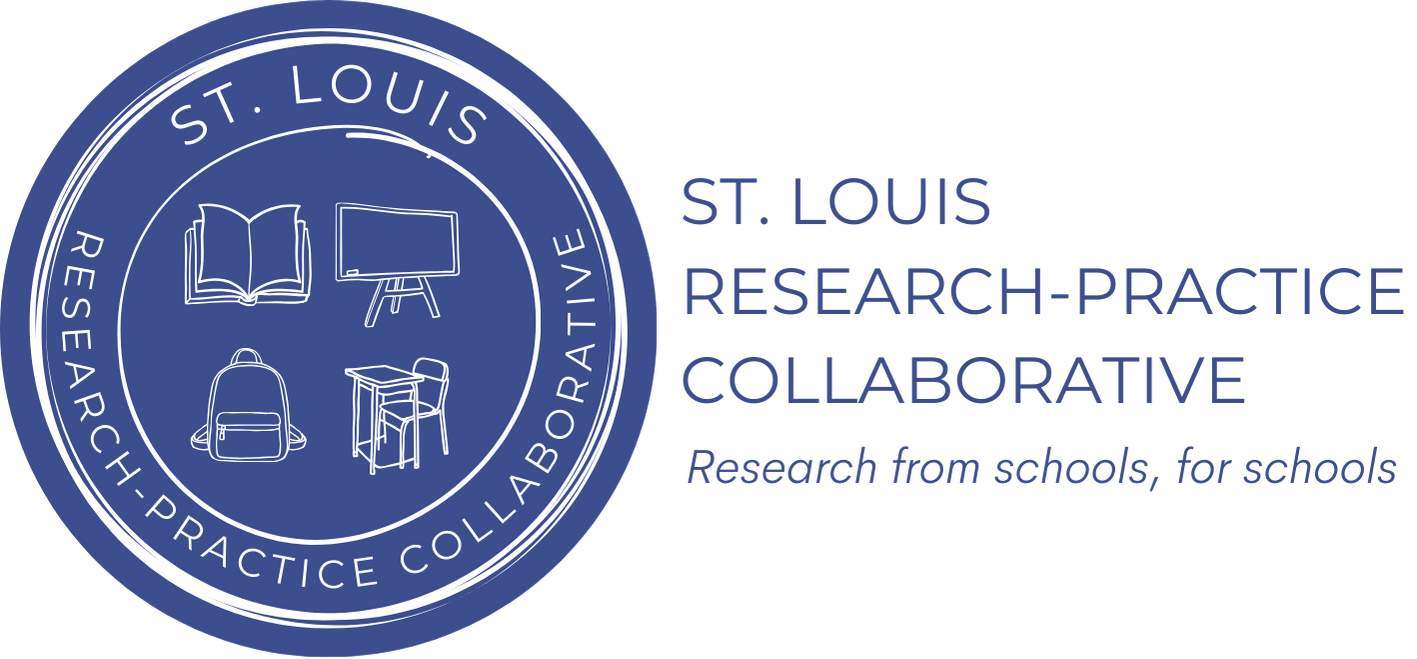PRESS RELEASE: St. Louis Schools Face Challenges from Student Mobility Across the Region, Study Shows
St. Louis, February 19, 2024 – A new multi-year study conducted by the St. Louis School Research-Practice Collaborative (SRPC) features the challenges and implications of high student transfer rates in and out of St. Louis City schools. The study reports an average student mobility rate in 2019 of 37%, for St. Louis City public and charter schools, such as SLPS, KIPP, and Confluence. In 2023, though declining, the average mobility rate was 27.9%, with rates ranging from 10.1% to 71.0% in STL City public charter schools in 2023. Though not all negative, student mobility takes a toll on learning, schools, teachers, students and families.
This comprehensive research initiative sought to understand the dynamics of student transfer before the end of a school year, identifying the primary factors driving students to change schools—ranging from housing instability, previous moves, and disciplinary issues. Student-level data from 2011-2022 obtained from the Missouri Department of Education and Secondary Education was analyzed across years to answer the questions, “Who’s moving? Where are they going? What are the drivers? How does transferring impact academic outcomes?”
The findings of this research underscore the profound impact of student mobility on educational continuity, particularly in critical areas of literacy, mathematics, and science. During the course of the study, researchers also found that the COVID-19 pandemic interventions inadvertently had stabilizing effects on student mobility, with eviction moratoriums and reduced disciplinary measures contributing to fewer school transfers. This insight highlights the complex, nuanced nature of student mobility and its far-reaching consequences on student engagement and attendance.
In response to these findings, educational leaders across St. Louis are working to address the challenges posed by student mobility through initiatives to support students and their families. These include enhancing coordination and information sharing between educators to create continuity of academic support, connecting students in transition with comprehensive community services, reevaluating disciplinary practices that predict transfer, and renewing efforts to ensure a welcoming environment for students entering new schools, especially during their critical freshman year.
"Our partnership and the subsequent findings of this study mark a significant step forward in our understanding of student mobility and its effects on educational outcomes," stated Dr. Candice Carter-Oliver, one of the leading figures in this research effort. "By leveraging these insights, we are committed to implementing evidence-based strategies that address the root causes of mobility and foster a more stable, supportive educational environment for all students."
The St. Louis School Research-Practice Collaborative pilot research represents the beginning of a long-term commitment to supporting families through rigorous-research driven by practitioners. The insights gained from this study will serve as a foundation for ongoing efforts to enhance the educational experience for students across St. Louis, ensuring every child has the opportunity to succeed, regardless of their circumstances.
For more detailed information on the study's findings and the collaborative efforts underway, please visit www.stlrpc.org.
The St. Louis School Research-Practice Collaborative is a coalition of St. Louis educational leaders, researchers, and community organizations dedicated to improving student outcomes through collaborative, evidence-based research initiatives. By addressing the complex challenges facing today's educational systems, the Collaborative seeks to foster environments that support the academic and personal growth of every student.
Download this Press Release in PDF Format
